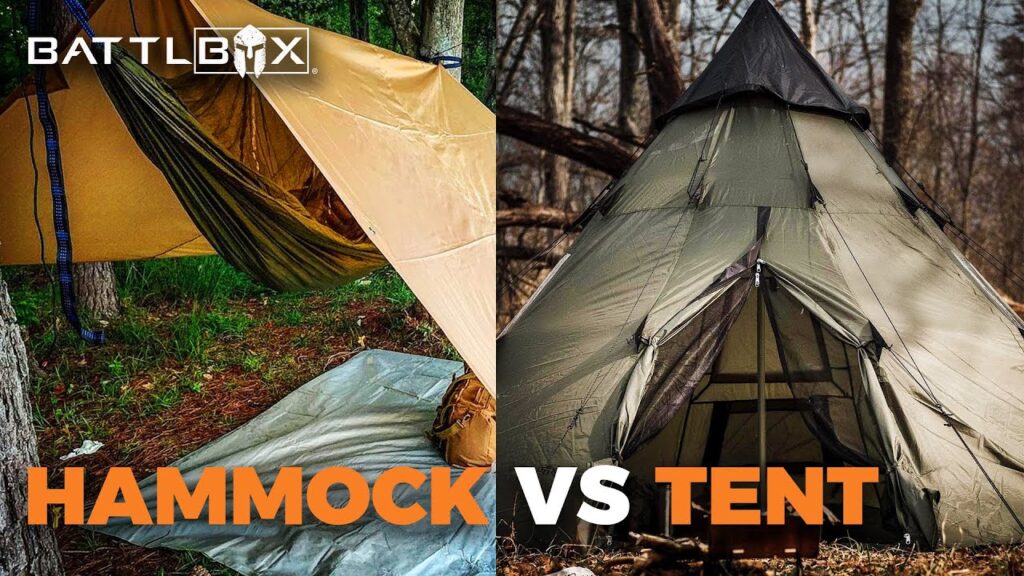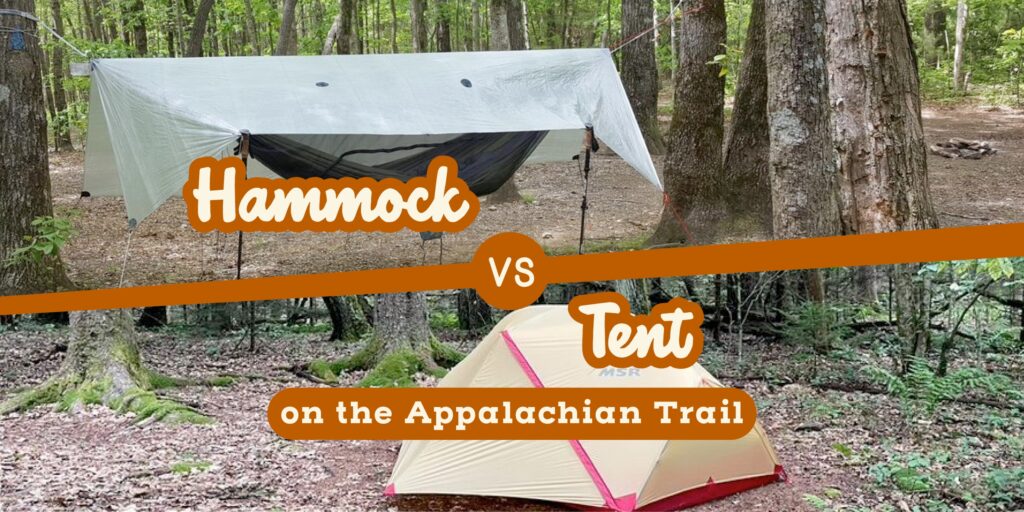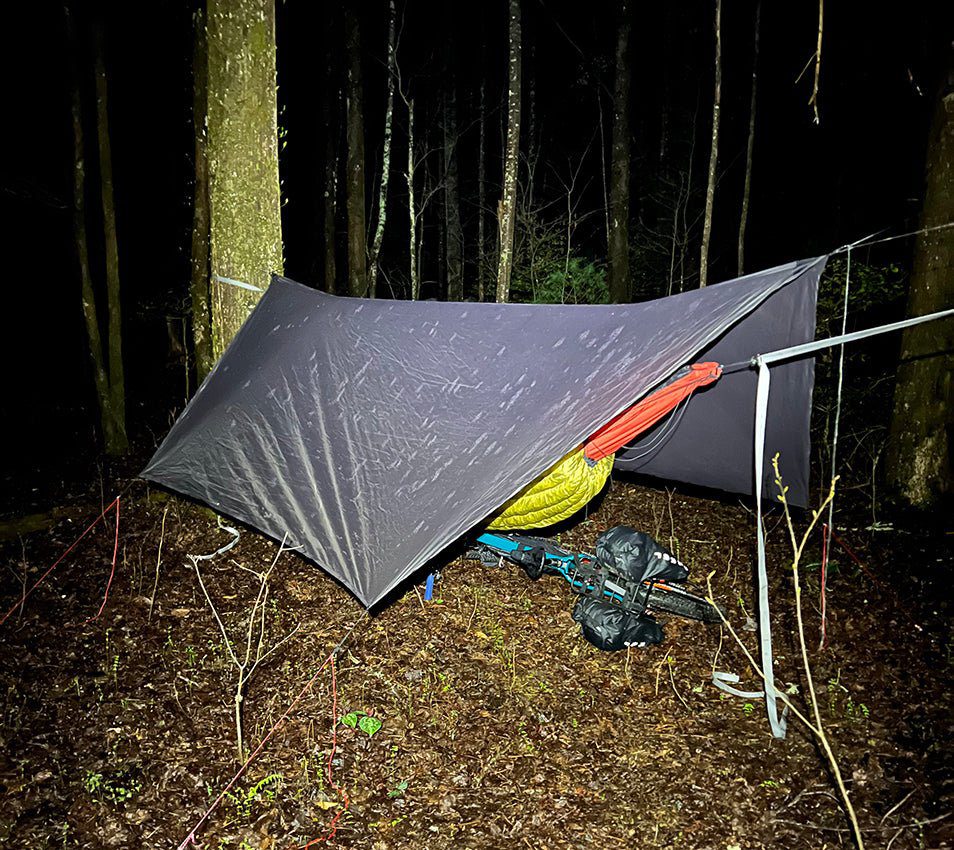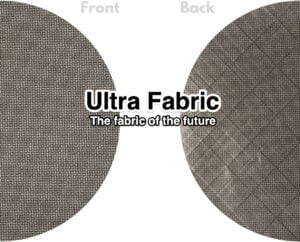
Looking to switch up your camping experience? Look no further! This article will provide you with a detailed and comprehensive overview of the pros and cons of hammock camping versus tent camping. Hammocks offer a comfortable and supportive sleeping surface, resulting in a higher quality of sleep. They are also legal in more places, allowing for greater flexibility in choosing camping locations. Additionally, hammocks sleep cooler and provide better visibility, making it easier to monitor your surroundings. On the other hand, tents offer more privacy and protection from insects and rain. They also provide a more comfortable camping experience for multiple people. So whether you’re a seasoned camper or new to the outdoor adventure, read on to discover which camping option best suits your needs.
Pros of Hammock Camping
Comfort
One of the main advantages of hammock camping is the level of comfort it provides. Hammocks are more comfortable than tents, offering a supportive and lump-free surface to sleep on. The gentle rocking motion can also be soothing and help you relax, leading to a more restful night’s sleep.
Quality of Sleep
Not only are hammocks comfortable, but they also result in a higher quality of sleep. The gentle swaying motion can help you fall asleep faster and enter a deeper sleep. Without the lumps and uneven ground found in tents, you can enjoy a more refreshing sleep experience.
Legal in More Places
Hammock camping offers more flexibility in terms of camping locations. Unlike tents, which may be prohibited or restricted in certain areas, hammocks are legal in more places. This opens up a wider range of camping options and allows you to explore different environments without worrying about violating any camping regulations.
Cooler Sleep
If you often find yourself tossing and turning in a hot tent, hammock camping may be the solution for you. Hammocks sleep cooler than tents, allowing air to circulate around your body and providing a comfortable sleep temperature. Unlike tents, hammocks also do not have condensation issues, which can leave you feeling damp and uncomfortable during the night.
Better Visibility
When you’re lying in a hammock, you have better visibility of your surroundings compared to being inside a tent. This can be especially beneficial if you’re camping in an area with potential wildlife encounters or if you simply enjoy being more aware of your environment. With a hammock, you can easily monitor your surroundings and enjoy the views around you.
Multiple Uses
Hammocks offer more than just a comfortable sleeping surface during camping trips. They can be used for various purposes, such as relaxing in your backyard, lounging at the beach, or even as a portable chair for outdoor events. This versatility makes hammocks a great investment for outdoor enthusiasts who want to maximize their outdoor relaxation options.
Ease of Finding Campsites
Finding a suitable campsite can be a challenge when tent camping, especially in crowded or uneven terrains. However, with a hammock, you can set up camp in a wider range of environments. As long as there are properly spaced trees or objects available, you can easily find a suitable spot for your hammock, making it easier to find a campsite and enjoy the great outdoors.
Protection from Creepy Crawlies
Hammocks provide an elevated sleeping surface, which offers protection from creepy crawlies on the ground. Unlike tents, which can be invaded by insects, rodents, or other unwelcome creatures, hammocks keep you safe and secure above the ground. This added protection can give you peace of mind and ensure a more pleasant camping experience.
Suitable for Individuals with Reduced Mobility
Hammocks can be a great option for individuals with reduced mobility. Traditional tent camping usually requires getting down on the ground and maneuvering in a confined space, which can be challenging for some people. Hammocks eliminate the need for crawling in and out of a tent, providing a more accessible and comfortable camping experience.
Environmentally Friendly
For those concerned about their environmental impact, hammock camping can be a more eco-friendly option. Hammocks don’t leave a trace on the ground, reducing the impact on the natural surroundings. By choosing hammock camping, you can enjoy the outdoors while minimizing your ecological footprint.

Cons of Hammock Camping
Need for Properly Spaced Trees or Objects
One downside of hammock camping is the requirement for properly spaced trees or objects. To set up a hammock, you need two sturdy anchor points, such as trees, posts, or rock formations. This can limit your options in certain environments where suitable anchor points may not be readily available. In such cases, you may need to adjust your camping location or consider alternative camping methods.
Not Ideal for Multiple People
While hammocks offer exceptional comfort for individuals, they are not designed for multiple people. Unlike tents that can accommodate several people, hammocks are meant for single use only. This can be a drawback for camping trips with friends or family members who prefer to sleep together in the same shelter.
Additional Gear Required
Hammock camping requires additional gear compared to tent camping. In addition to a hammock, you’ll often need accessories such as tarps, underquilts, and bug nets. These items add weight and cost to your camping setup. While they enhance your hammock camping experience, it’s important to factor in the extra equipment needed when considering this camping option.
Sleeps Colder in Cooler Temperatures
Although hammocks provide a cooler sleep experience in warmer temperatures, they can become chilly in cooler weather conditions. Without the insulation provided by a tent’s walls, hammocks are more exposed to the elements and colder nighttime temperatures. To combat this, additional gear such as underquilts or sleeping pads may be necessary to provide insulation and warmth.
Less Privacy
Privacy can be a concern when hammock camping. Unlike tents that offer enclosed spaces, hammocks leave you exposed and open to the surrounding environment. If privacy is important to you or if you’re camping in crowded areas, you may feel more comfortable in a tent that provides a secluded and enclosed sleeping space.
Uncomfortable for Some Individuals
While many people find hammocks comfortable, others may struggle to adjust to the sleeping position and rocking motion. If you’re used to a flat sleeping surface or have certain physical conditions, hammocks may not be the most comfortable option for you. It’s important to take personal preferences and body comfort into consideration when deciding between hammock and tent camping.
Less Protection from Insects
While hammocks provide protection from creepy crawlies on the ground, they offer less protection from insects flying above. Unlike tents with fully enclosed spaces, hammocks are open to the air and can leave you more exposed to mosquitoes, flies, and other insects. Using a bug net can help alleviate this issue, but it’s an additional piece of gear to consider.
Risk of Theft or Damage to Gear
When hammock camping, your gear is typically stored outside the hammock. This can increase the risk of theft or damage, especially in public camping areas. It’s important to take precautions and secure your gear properly to minimize the chances of theft or unexpected damage to your camping equipment.
Restrictions on Use
Although hammocks are legal in more places compared to tents, there are still areas that restrict or prohibit hammock use. It’s essential to research and follow any regulations or guidelines set by the camping authorities to avoid any issues or potential damage to trees or structures. Improper hanging of hammocks can cause harm to the natural environment and disrupt ecosystems.
Less Protection from Rain
While hammocks provide protection from the ground, they offer less protection from rain compared to tents. Unless proper precautions, such as using a rain fly or tarp, are taken, you may be exposed to rain when hammock camping. This can lead to a potentially wet and uncomfortable camping experience if you’re not adequately prepared.
Overall, hammock camping has its pros and cons. It offers superior comfort, quality of sleep, and better visibility. It is also more suitable for individuals with reduced mobility, provides protection from creepy crawlies, and can be seen as an environmentally friendly camping option. However, hammock camping requires properly spaced trees or objects, is not ideal for multiple people, and requires additional gear. It may sleep colder in cooler temperatures, offer less privacy and protection from insects, and carry a risk of theft or damage to gear. Additionally, there may be restrictions on use and less protection from rain. By carefully considering these factors and personal preferences, you can decide whether hammock camping is the right choice for your outdoor adventures.







